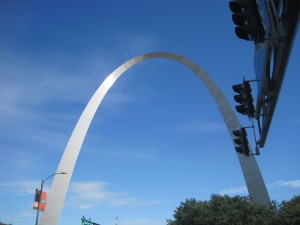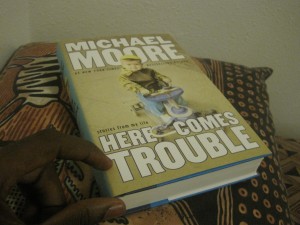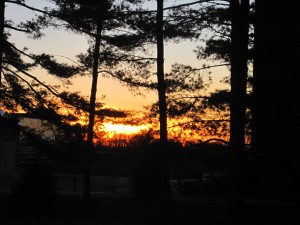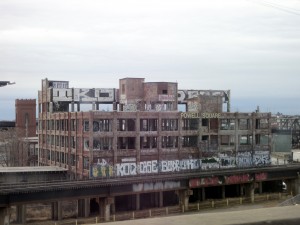Dear friends,
We would like to let you know of the Urban Transcripts 2011 call for projects in the visual arts, theory and research, architecture and urban design. Registrations of interest to participate with project work in the Urban Transcripts 2011 exhibition and conference close on 30.09.2011.
We would be much grateful if you could forward this information to anyone you think it might be of interest.
Best Regards,
the Urban Transcripts 2011 organising team,
—
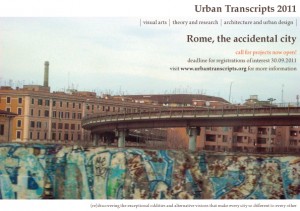 “Urban Transcripts 2011, Rome, the accidental city” is an Urban Transcripts initiative in partnership with: Provincia di Roma / Facoltà di Architettura dell’Università degli Studi Roma Tre / Dipartimento di Studi Urbani dell’Università degli Studi Roma Tre / ESC Atelier
“Urban Transcripts 2011, Rome, the accidental city” is an Urban Transcripts initiative in partnership with: Provincia di Roma / Facoltà di Architettura dell’Università degli Studi Roma Tre / Dipartimento di Studi Urbani dell’Università degli Studi Roma Tre / ESC Atelier
—
ENGLISH
call for projects in the visual arts, theory and research, architecture and urban design.
deadline for registrations of interest: 30.09.2011
deadline for project submissions (preview material): 07.10.2011
deadline for the submission of finalised projects: 05.12.2011
Urban Transcripts 2011, Rome, the accidental city
We invite you to explore the accident(al) in the city of Rome: the accident(al) which happens over time and transforms the ‘essence’ of the city that would otherwise remain unchanged, the accident(al) which adds surprise and complexity to our reality and challenges our understanding of the city, the accident(al) which generates the energy to recreate and reshape the city.
Interested participants are invited to register by 30.09.2011 and submit their project’s preview material by 07.10.2011. The Project Review Committee will select projects based on the preview material submitted. Selected participants have until the beginning of December to finalise their projects.
registration form:
http://www.urbantranscripts.org/documents/UT2011_02_registration_form.pdf
for more information:
http://www.urbantranscripts.org
—
ITALIANO
Avviso per la presentazione di paper e progetti inerenti l’architettura, il progetto urbano e visual art.
scadenza per la manifestazione di interesse: 30 settembre 2011
scadenza per la presentazione dei progetti (anteprima dei materiali): 7 ottobre 2011
scadenza per la consegna dei materiali definitivi: 5 dicembre 2011
Urban Transcripts 2011, Rome, the accidental city
Vi invitiamo all’esplorazione dell’accidentale che Roma nasconde: l’accidentale che ha luogo in ogni tempo e che trasforma l’”essenza” della città, senza la quale essa rimarrebbe sempre uguale a sé stessa; l’accidentale che regala imprevedibilità e complessità alla nostra realtà, sfidando la nostra capacità di comprensione dell’urbano; l’accidentale da cui sprigiona l’energia per ri-creare e ri-configurare la città.
Gli interessati sono invitati a registrarsi entro il 30 settembre e ad inoltrare una anteprima del proprio progetto entro il 7 ottobre 2011. Un Comitato di Valutazione selezionerà i progetti sulla base dei materiali provvisori inviati. I partecipanti selezionati avranno tempo sino agli inizi di dicembre per ultimare i propri progetti.
registration form:
http://www.urbantranscripts.org/documents/UT2011_02_registration_form.pdf
per informazione:
